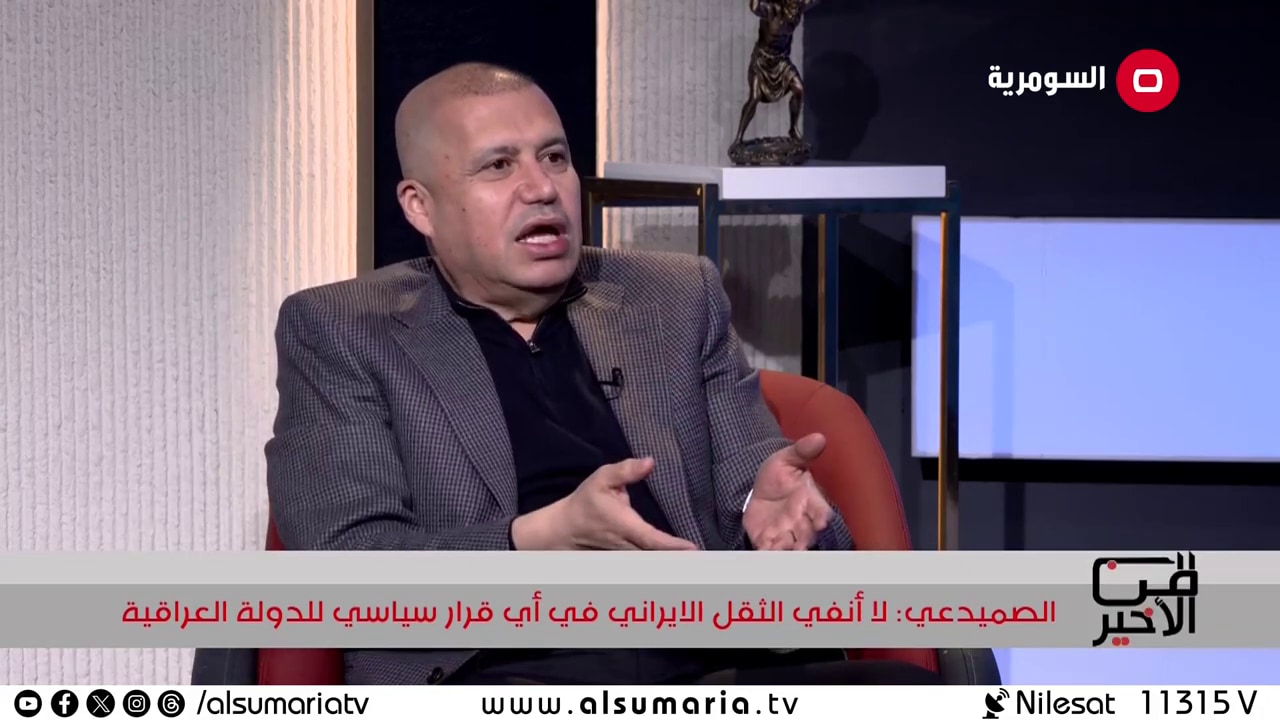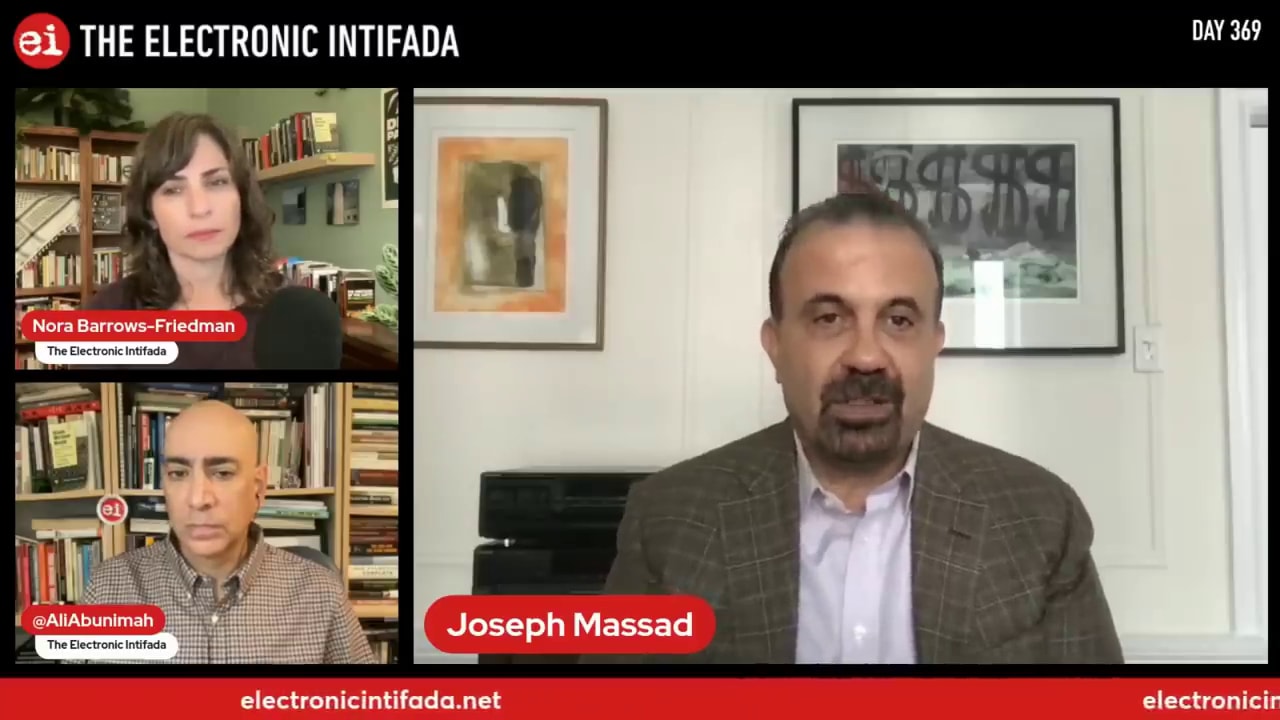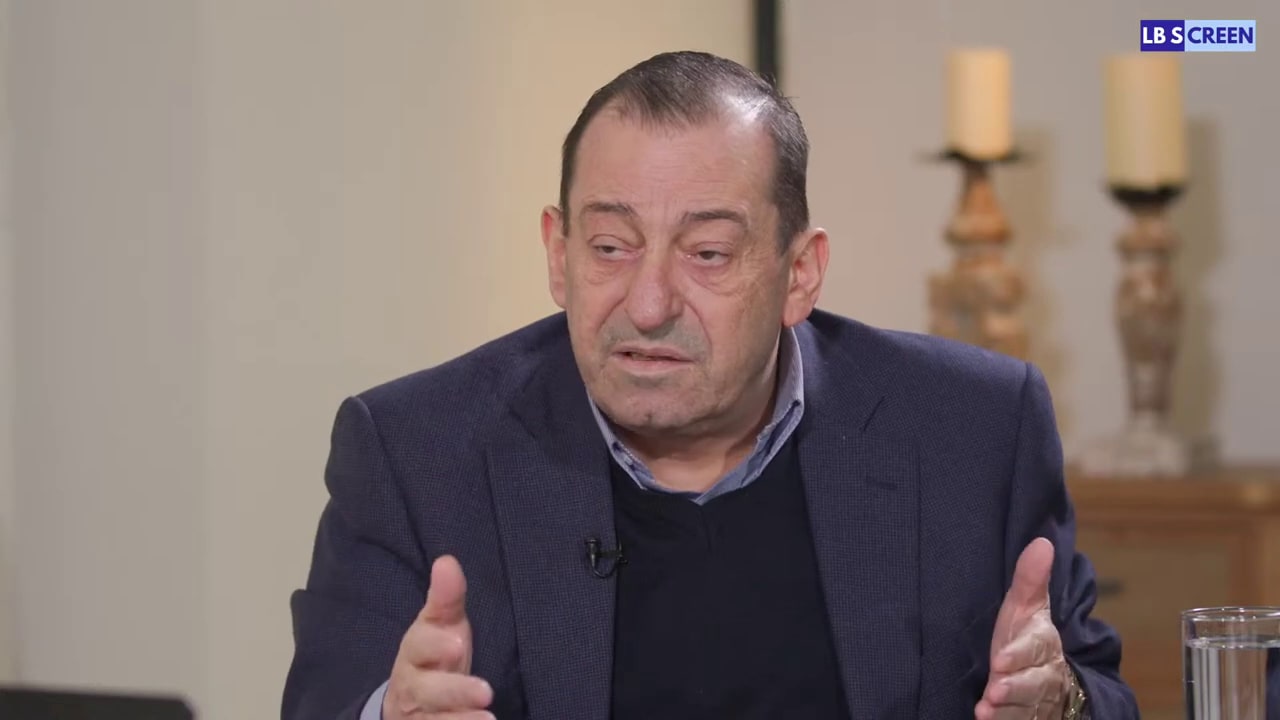
Addressing the Iranian parliament, member of parliament Parvaneh Salahshouri protested against the interference of the armed forces in state affairs, against the corruption and the "unjust judiciary," and against the clerics, who instead of dealing with poverty, corruption, and other social issues, are more concerned about women's appearances. She criticized President Rouhani for claiming that there is no crisis, at a time when the Iranian currency is "plummeting" and unemployment, corruption, and poverty are rampant. Salahshouri warned that "the silencing of critics has left no trace of our republic" and that "we have failed to create the ideal Islamic community." Her address was posted on the Iranian ICANA news agency website on September 4, 2018.
Following are excerpts:
Parvaneh Salahshouri: "The situation with regard to our national economy today is that our currency is worthless compared to other currencies in the world. The cost of living, the black market, and the corruption cry out. From the social perspective, we witness, on a daily basis, unemployment, poverty, prostitution, and lack of social liberties, including the arrest of civil and union activists. Students, women's rights activists, and environmentalists are detained or incarcerated. Laws are not abided by, there is no social security, and we witness widespread violence, crises, and pollution. The military forces interfere in politics, in the economy, and in cultural matters.
[…]
"President [Rouhani] is saying that there is no crisis. Mr. President, we are now dealing with major crises, as everybody knows.
[…]
"The silencing of critics has left no trace of our republic. As a result of the corruption and the unjust judiciary, we have failed to create the ideal Islamic community. I would have liked to criticize the judiciary, and to mention its inability to do its job. I would have liked to criticize the judiciary, but no one is listening. I would have liked to criticize the president and the government, and to convey to them the people's complaints and dissatisfaction. I have seen that the president himself is facing criticism. Here, in the Majlis, he gave excuses, and failed to provide answers to the people and the representatives, pinning this on recommendations by the Leader [Khamenei].
[…]
"I would have liked to criticize the armed forces, and their intervention in state affairs, but how can one possibly criticize a group that is based on the three elements of power, wealth, and military might?
[…]
"I would have liked to criticize the broadcasting authority, but I have noticed that they think they are so high and mighty that they do not hold themselves accountable to the people or their representatives. I would have liked to address the clerics with regard to the violence in society, and to convey the people's complaints to them. Unfortunately, however, some of our clerics care less about poverty, about corruption, about the youth leaving Islam, or about embezzlement of public funds than they care about women's hair or about women riding bicycles. I seek refuge with God, and I address the Leader (Khamenei), because I believe that this crisis cannot be overcome without his intervention.
[…]
"The military forces must return to their bases and concern themselves with their missions, so that we will have peace and quiet in our economy and culture. In order to stop the plummeting of our currency, we need plans for housing, employment, and salaries, to enable people to live in dignity. The detainees Mousavi, Karroubi, and Zahra Rahnavard must be released. The political activists must be released, and a general amnesty must be given."














